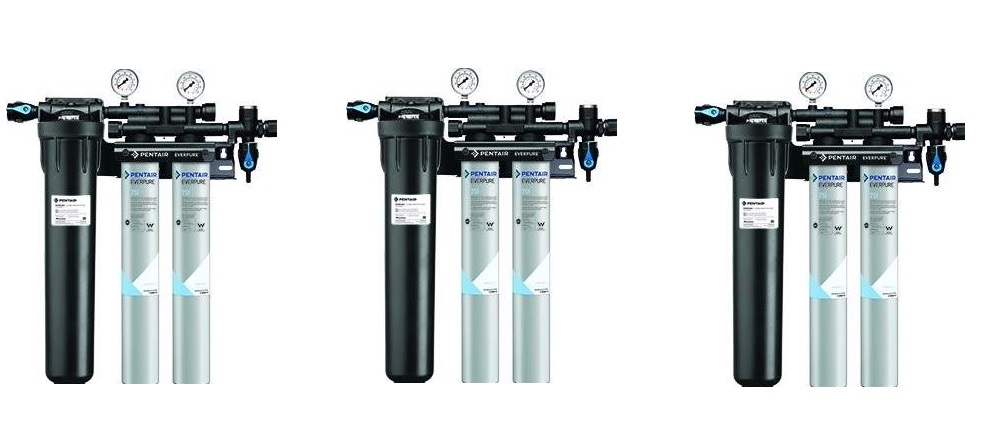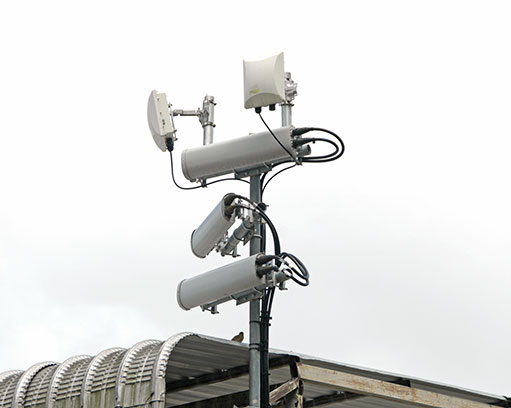It only makes sense why homeowners and business owners would filter their water at the point of use. Filtered water smells and tastes better, and contains fewer minerals that cause limescale accumulation.
Most importantly, filtered water is safer. Select filtration systems can remove lead, heavy metals, and, notably, microbial contaminants such as the parasitic cysts of Giardia and Cryptosporidium that can cause illness.
That being the case, why would any healthcare facility administrator not take even greater pains to protect the immunocompromised from similar concerns?
Indeed they do, which is why ASHRAE Standard 188 and the importance of quality hospital water filtration systems.
Protecting Against the Dangers of Legionella Contamination and Hospital Water Treatment Solutions
While all of the risks mentioned above are applicable to hospital patients, there is an even more significant infectious concern: Legionella.
Legionella is a prolific, highly infectious bacterium that causes Legionnaire’s Disease. Though the disease does not spread from person to person, it readily spread through contaminated, moist air.
The disease is dangerous enough in healthy people; it causes fever, chills, aches, shortness of breath, and diarrhea, and can be fatal. While the fatality rate is usually between 5% and 10%, among immunosuppressed hospital patients that contract it, the fatality rate can be as high as 80%.
Water filters compliant with ASHRAE 188 can help prevent this disease, though by helping to ensure the delivery of uncontaminated, high-quality water.
The American Society of Heating, Refrigerating, and Air Conditioning Engineers (ASHRAE) has developed Standard 188-2015 to help mitigate the concerns associated with the formation and spread of the Legionella bacterium.
The purpose of this standard is to help prevent the bacteria, first, from entering hospital water supplies, and second, to inhibit its growth in those systems if it does.
ASHRAE Standard 188 requires a water system flow diagram that maps all water use endpoints (including ice machines that have been implicated in Legionella contamination and proliferation), applies control limits to risk points, and establishes monitoring procedures and corrective actions.
Mitigating the risk of Legionella contamination starts with improving the water quality and one of the ways to do so is to implement hospital water filtration systems that either capture and remove Legionella from the water source or inhibit its growth within systems.
Legionella has killed over 100,000 people in the United States in the past three decades alone; aside from the value of human life, remediation efforts are expensive in terms of both money and other resources.
When outfitting your hospital or healthcare facilities for point-of-use water filters (including for ice machines) be sure to use ASHRAE Standard 188 compliant models that help manage the risks associated with Legionella contamination
Other Added Benefits
In addition to protecting against the risks of Legionella contamination, many ASHRAE Standard 188 Compliant hospital water filtration systems and cartridges offer numerous other benefits.
For instance, most filters will substantially reduce minerals, sediment, and other particulate matter that can cause off-putting tastes and odors as well as the formation of scale. (Some specifically leave chlorine and chloramines in the water to inhibit the formation of slime in ice machines.)
In addition to mechanically removing dirt and particulate matter, many ice machine and hospital filtration systems are rated to remove other dangerous parasitic cysts from water, reducing the risk of waterborne illnesses.
Learn More About the Value of Hospital Water Filtration Systems
Interested in learning more about ASHRAE 188 or about compliant hospital water filtration systems? Visit efilters.net to see a wide range of options and a wealth of supporting specification sheets and documentation.
Consult their collection of hospital water filtration systems and get in touch with them at [email protected] if you need additional assistance.



